Genco Bolaca, the Foreign Trade Manager of Galex steel, spoke to SteelRadar about the company's operations, steel supply processes, export destinations, and challenges encountered in global trade.
Who is Galex Steel and what do they do? Could you tell us a bit about it?
Galex Steel is an international company trading steel through offices in China, India, Vietnam, Türkiye, and the UAE. We primarily focus on flat steel trading and have over 20 years of experience in international steel trade. Steel trading requires expertise ranging from material knowledge to finance and regional risk analysis, so our team consists of professionals with extensive experience in these areas. Many members of our team, including those in our Far East offices, come from steel production backgrounds. By combining our long-standing experience in production and international steel trade with robust financial capabilities, we meticulously meet our customers' demands and provide sourcing from the most suitable country at competitive prices without compromising on quality.
How do you ensure steel supply?
When sourcing steel, it's crucial to take the right steps to ensure that the material meets the customer's expectations and undergoes necessary checks before loading. Even if the customer lacks detailed technical knowledge of the desired material, our team, equipped with the necessary technical expertise, decides on the mechanical and chemical compositions required for the material's end use. The quality of the final steel product depends greatly on the quality of the raw material used, so our team in the Far East offices has the capability and experience to control the steel used in the raw materials in the contracts we make on the procurement side. Additionally, details such as specific packaging and transport methods for materials destined for overseas travel, especially for value-added steel products, are critical decisions made by Galex just before supplying the steel.
Which countries do you export to as Galex steel?
Galex Steel primarily exports to Europe, South America, the Middle East, and Africa, focusing on these regions as key areas for trade. Due to the variability in material sourcing across different countries, we ensure to share all possible options with our customers amidst price fluctuations.
How did the wars, economic problems and transportation problems in global trade affect you?
The crisis in the Red Sea directly affects our bulk and container shipments. Container ships are rerouting via the Cape of Good Hope to avoid attacks in Yemen, causing a rapid increase in freight rates and delays of approximately 15-25 days. Furthermore, bulk carriers from China continue to pass through the Red Sea, leading to exorbitant increases in insurance costs for materials.
“The biggest problem in the steel industry is excess supply”
What is the biggest problem you are experiencing in the industry right now?
The biggest structural issue in the steel sector is the existing oversupply, which appears to be around 25%. Finding a short-term remedy seems unlikely due to this substantial surplus. Additionally, perhaps more challenging than the oversupply itself are the political developments impacting global trade. Political decisions affect world trade, necessitating continuous risk analysis by all global players. Events like the Ukraine-Russia war, risks posed by attacks in the Red Sea, and the potential growth threat from the Israel-Palestine issue are examples. Beyond these, the possibility of Taiwan being fully integrated into China overnight could also potentially reshape all commercial balances and global supply chains. This summarizes the problems in both structural and political terms within the industry.
Türkiye's iron and steel industry is trying to survive under difficult conditions. What do you think about the general functioning of the world?
America's leadership-backed globalization has now given way to a trend of de-globalization, still under America's influence. Initially, globalization was initiated by America with the objective of not only growing its own economy but also hastening the collapse of its then-rival, the Soviet Union, by creating and dominating an open global market in contrast to closed economies. This strategy successfully achieved its initial objectives and accelerated the dissolution of the Soviet Union.
However, an unforeseen factor is China's unstoppable advancement, particularly under leaders like Deng Xiaoping, who contributed significantly to globalization despite its rules being initially set by America. Today, China has surpassed America in many areas despite facing various obstacles. China's rise has prompted America to completely alter its previous strategy, now advocating a policy of "protectionism" under the guise of safeguarding domestic industries through trade barriers and sanctions, thus promoting de-globalization. This shift has led to a dangerous polarization between nations.
As a significant stakeholder in global trade within the steel sector, Galex Steel and others are adversely affected by this polarization, experiencing negative impacts such as sanctions and increased customs duties, alongside reduced integration, relationships, and investments between polarized countries.
Türkiye is a country with extraordinary dynamics and high potential. Our people, and consequently our business owners and managers, akin to experienced doctors facing various crises, have learned crisis management through frequent real-life experiences. This has generally enabled senior leaders in our country to possess a strong ability to make quick and effective decisions during global or regional crises.
However, for our country and the iron and steel sector to fully realize its potential, beyond the ability to make rapid and accurate decisions during crises, there is a need for a significant advancement in corporate governance within companies. This involves leveraging all available tools and resources in technology and finance, as well as developing a qualified workforce through initiatives such as education reform. This holistic approach is essential for Türkiye and its steel sector to enhance institutional capacity and achieve their full potential in the global arena.
You recently attended the Mena conference held in Muscat, the capital of Oman, as a speaker? Could you tell us about the details of the speech and conference?
The Middle East is undergoing rapid socio-economic changes. While recent discussions often highlight the transformations led by Saudi Arabia, the significant positive transformation achieved by the United Arab Emirates is also being emulated by other neighboring countries. This has brought numerous investments along with it. At Galex, we recognized the importance of the Middle East to us many years ago and have prioritized our development in this region. During the conference, leveraging our experience with China and Asia, we discussed developments concerning these regions and their impact on global trade. Additionally, we evaluated whether upcoming practices related to carbon emissions, particularly in the context of steel production in China, would be economically viable.




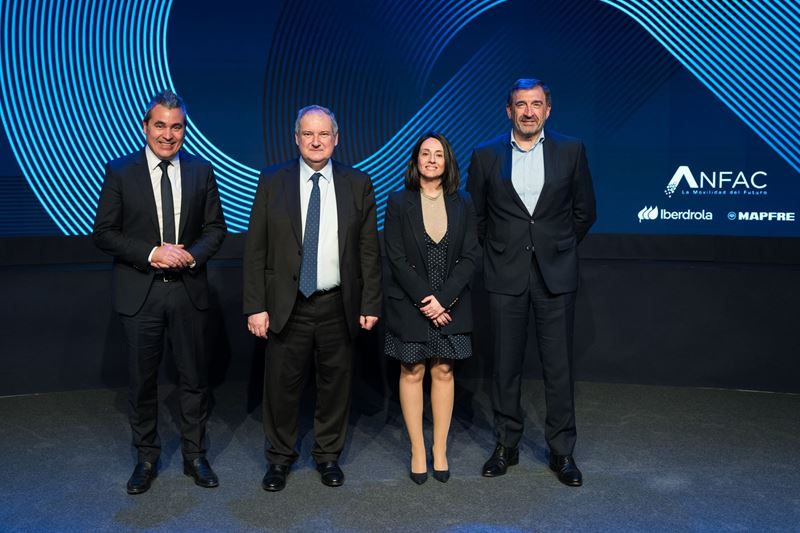
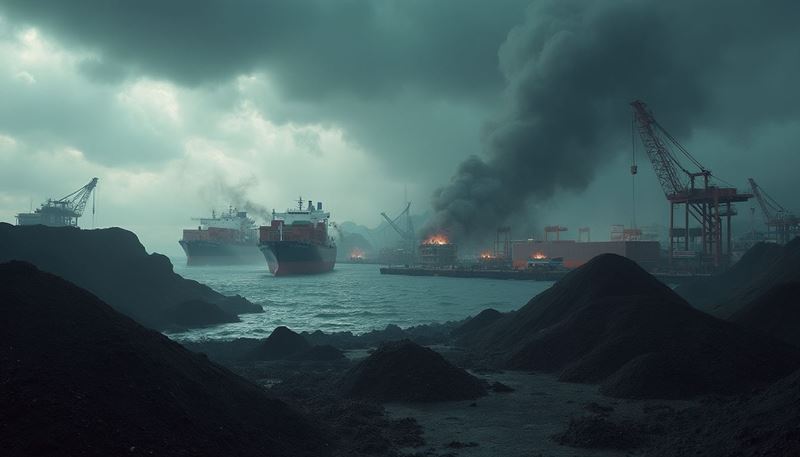
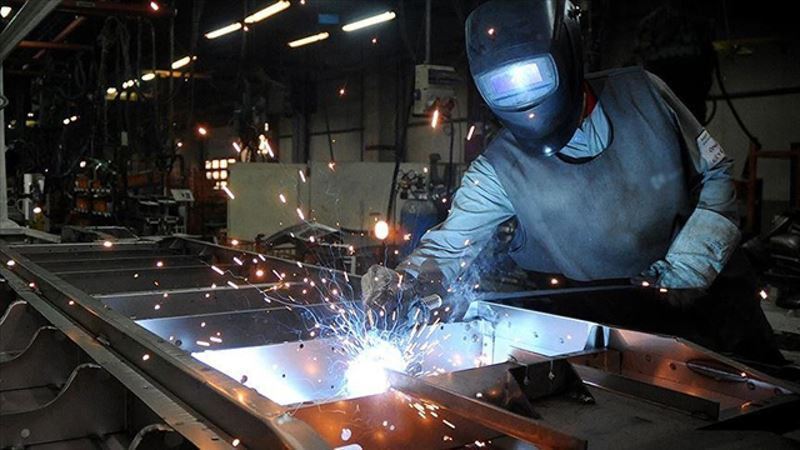
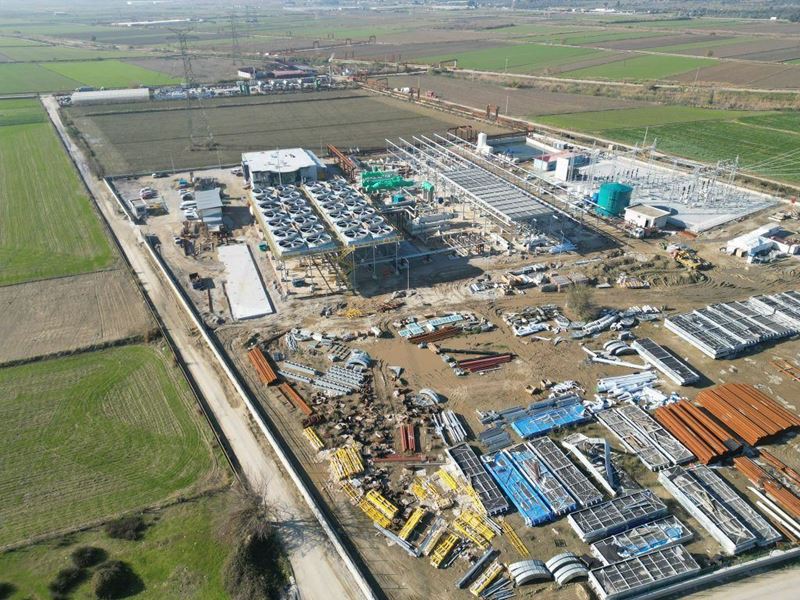
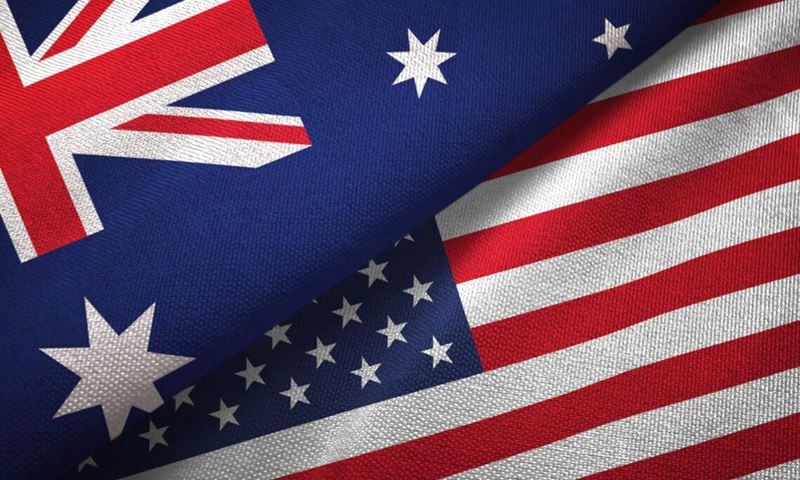

Comments
No comment yet.